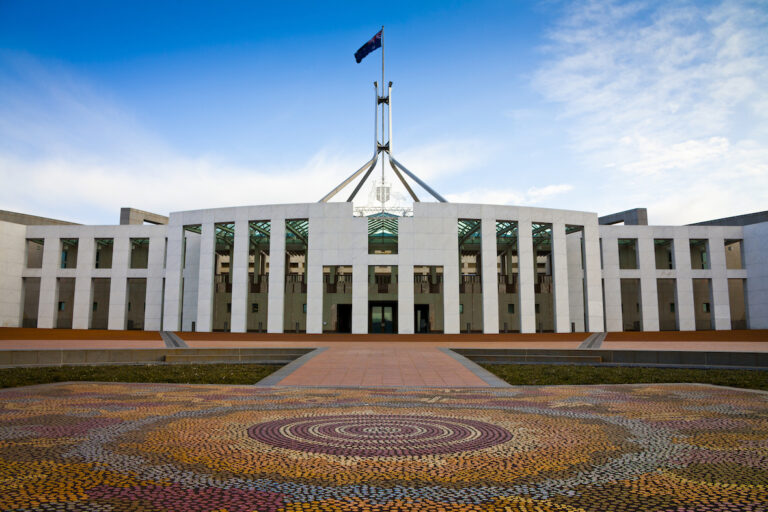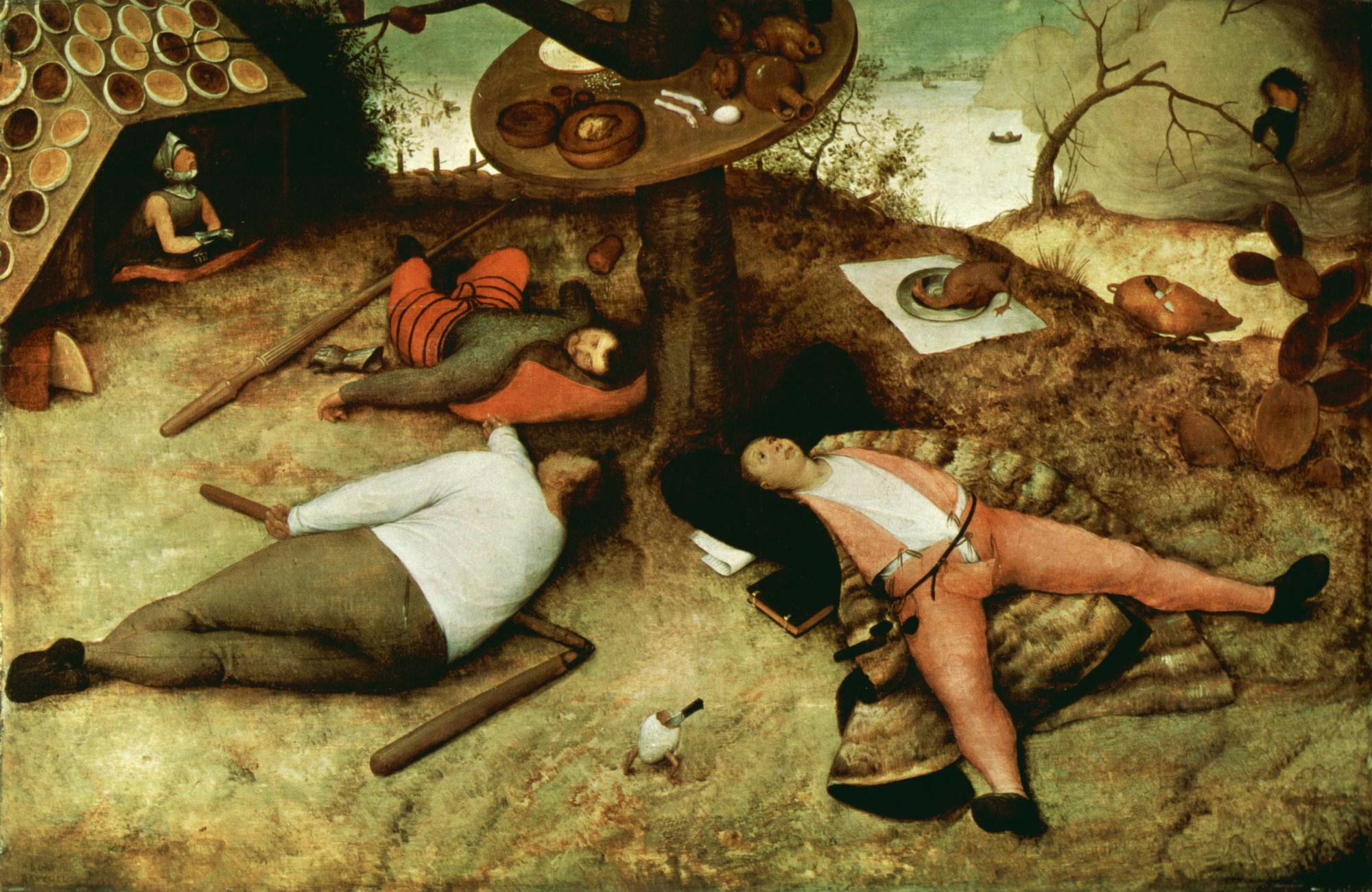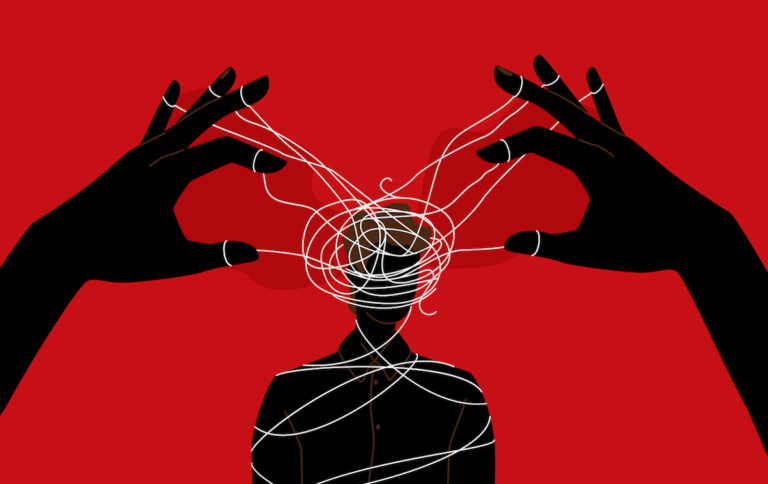
How to have a conversation about the referendum
As Australia awaits the announcement of the referendum date, it’s crucial to consider fulfilling civic duty responsibly. Widespread misinformation necessitates understanding the referendum proposal, sparking respectful discussions within communities. Dr Kate Galloway says that regardless of whether a person ultimately decides to vote yes or no, they should make that decision from an informed position.


 Dr. David Ellison
Dr. David Ellison
